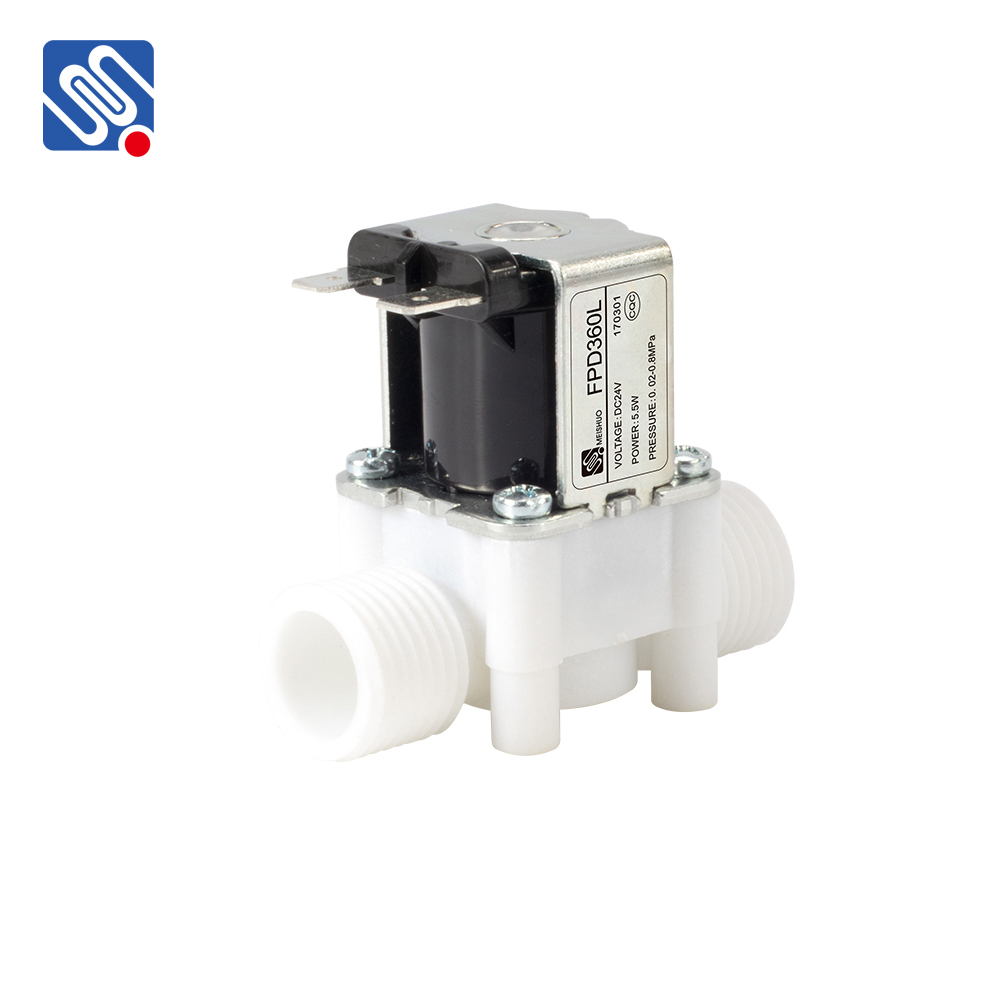Plastic water solenoid valves are essential components used in various applications that require precise control of water flow. These valves are designed to operate through electromagnetic mechanisms, offering a reliable solution for automated systems. As the name suggests, the core component of the valve is plastic, making it an attractive choice for many industries due to its cost-effectiveness, ease of use, and resistance to corrosion. This article delves into the features, applications, and considerations associated with plastic water solenoid valves.

What is a Plastic Water Solenoid Valve? A plastic water solenoid valve is an electromechanical device that controls the flow of water through a pipeline by using an electric current to actuate the valve mechanism. The “solenoid” refers to the coil that, when energized, creates a magnetic field, which moves a plunger or armature that either opens or closes the valve. This process allows the water flow to be automatically regulated based on specific control signals, making it an indispensable component in numerous automated systems. Unlike traditional metal valves, which are commonly used in industrial systems, plastic water solenoid valves are made from various durable plastics like PVC, polypropylene (PP), or polyvinylidene fluoride (PVDF). These materials offer significant advantages, especially in environments where resistance to corrosion, lightweight design, and cost efficiency are required.